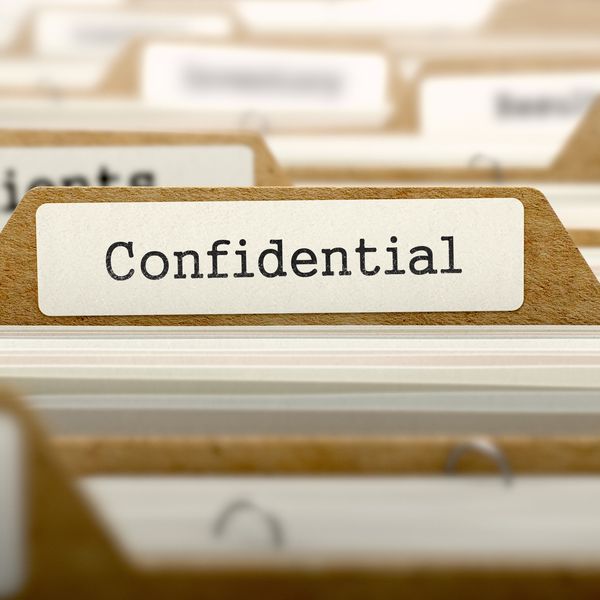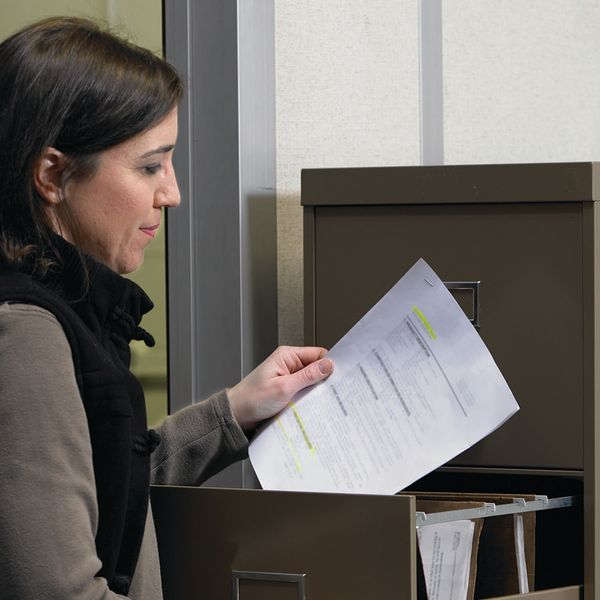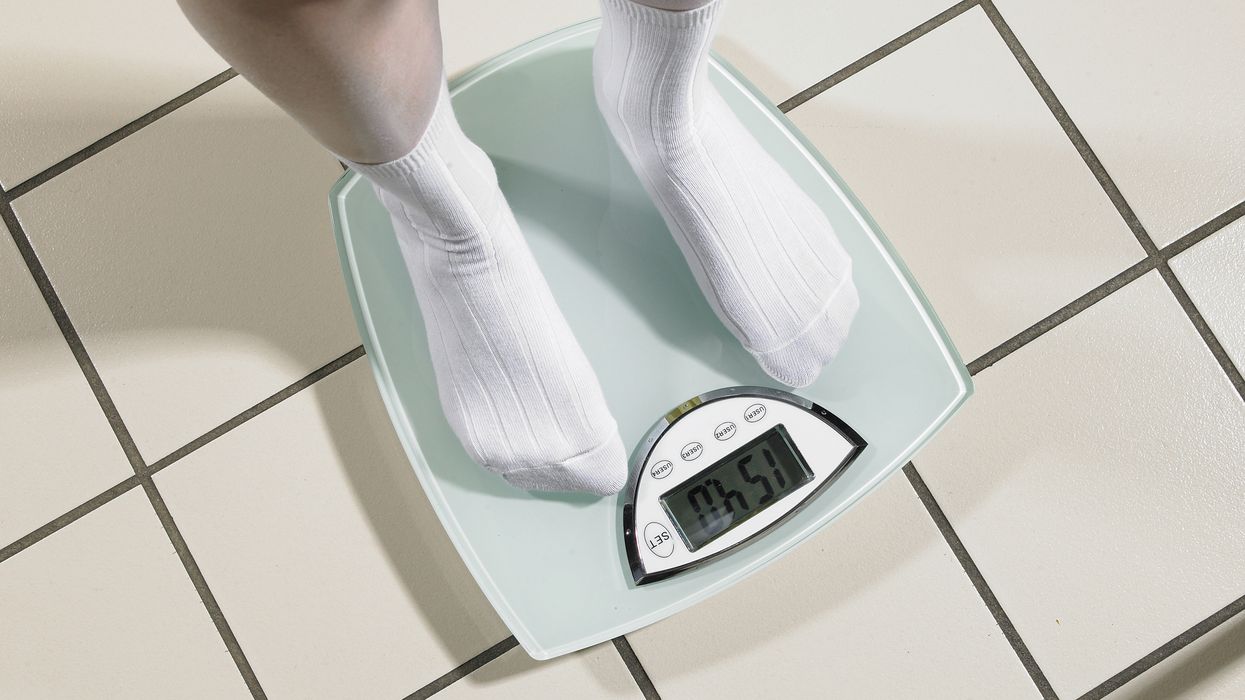Shhhh — FMLA and confidentiality
When processing a leave request under the federal Family and Medical Leave Act (FMLA), employees share personal information with their employers. Often, this includes medical facts. Without these details, employers are usually unable to determine whether the situation qualifies for FMLA protections.
The FMLA, however, restricts what employers may do with the information.
Keep it confidential
Employers must keep FMLA records and documents relating to certifications, recertifications, or medical histories of employees or their family members as confidential medical records. They must keep this information in separate files/records apart from the usual personnel files.
The FMLA does not dictate how employers should keep the information confidential. Storing it under lock and key and restricting access to only those who handle FMLA leave would be appropriate. That could be in a secure cabinet or office.
Employers often confuse the privacy provisions of the Health Insurance Portability and Accountability Act (HIPAA) with the confidentiality provisions of the federal Americans with Disabilities Act (ADA). The ADA, however, was the inspiration for the FMLA’s confidentiality rules.
Exceptions
Employers may share some information in certain situations:
- Leave administrators may inform supervisors and managers about necessary restrictions of an employee’s work or duties and necessary accommodations.
While leave administrators are free to inform managers that an employee is on FMLA leave, and when the employee is expected to be out, they should not disclose the employee’s medical information.
Leave administrators may request a certification supporting the need for FMLA leave, but they must keep the details on that certification confidential.
In that same vein, managers should not ask employees for more medical information. Managers may tell other employees that someone is out, but should not share more details without the employee’s voluntary permission.
If managers find out information about an employee (or family member) medical situation, perhaps because an employee volunteered it, the manager should keep the details private and secure.
- First aid and safety personnel may be informed (when appropriate) if the employee’s physical or medical condition might require emergency treatment.
Like managers, leave administrators must keep employee FMLA information confidential. If, however, an employee has a workplace medical emergency, leave administrators may inform first aid and safety personnel about the condition if helpful.
- Government officials investigating compliance with FMLA (or other pertinent law) must be provided relevant information upon request.
If a representative of the U.S. Department of Labor were to ask to see FMLA certifications or other related documents, employers are required to provide them.
Key to remember: Employers have a responsibility to keep certain employee FMLA information private and secure, with limited exceptions. Failure to do so could risk a claim.























































